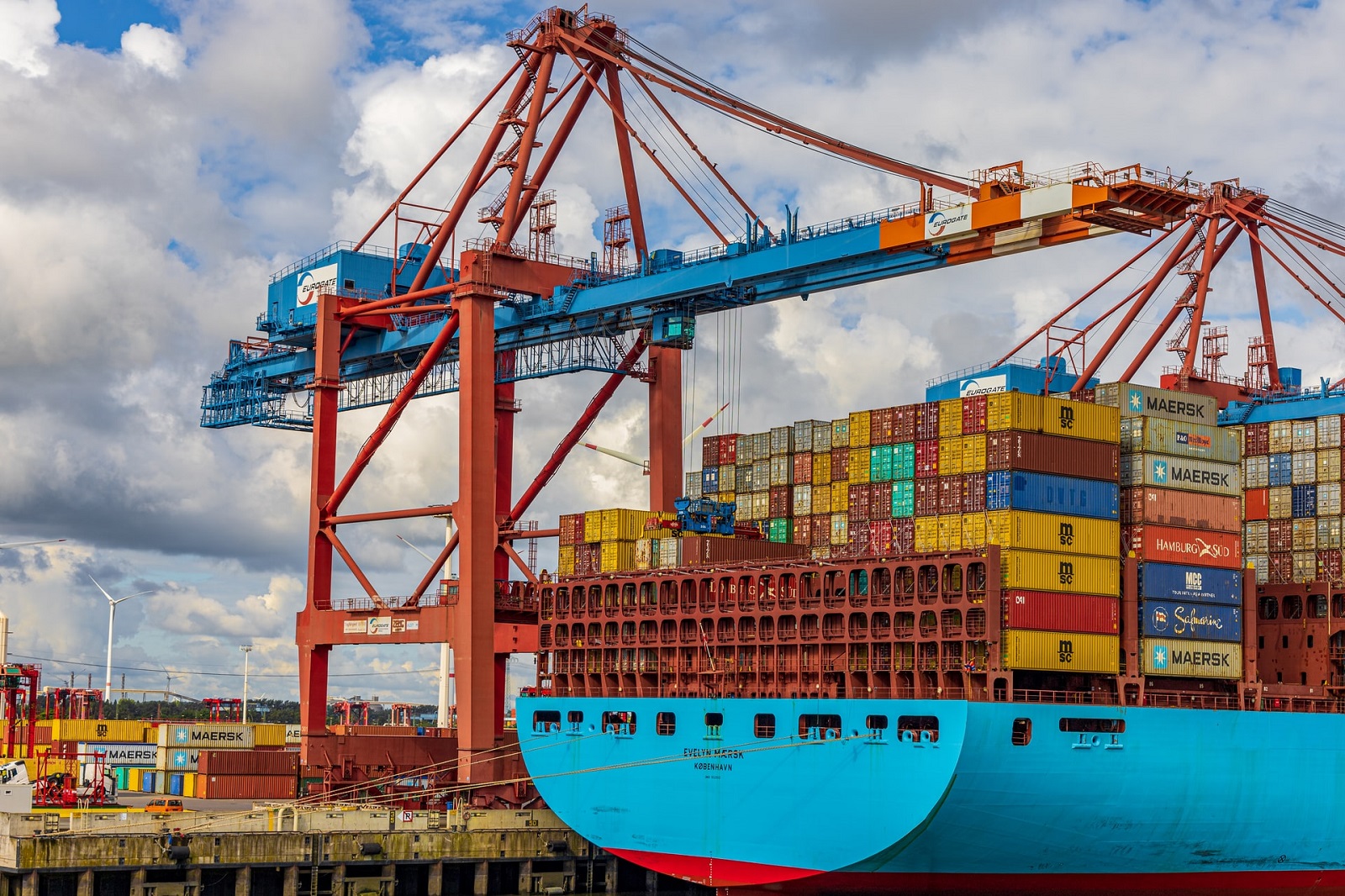On Feb. 3, U.S. Senators John Thune, R-S.D. and Amy Klobuchar, D-Minn., both members of the Senate Committee on Commerce, Science, and Transportation, introduced the Ocean Shipping Reform Act (S.3560). While slightly different, this bill comes several months after the passage of the Ocean Shipping Reform Act (H.R. 4996) in Dec. 2021 by the U.S. House of Representatives.
If passed, the bipartisan legislation would update federal regulations for the global shipping industry. The goal of the bill is to level the playing field for American exporters by making it more difficult for ocean carriers to unreasonably refuse goods ready for export and give the Federal Maritime Commission (FMC) greater rulemaking authority to regulate carriers’ harmful practices.
Specifically, the Senate’s Ocean Shipping Reform Act would:
- Prohibit ocean carriers from unreasonably declining opportunities for U.S. exports, as determined by the FMC in a new required rulemaking;
- Promote transparency by requiring ocean common carriers to report to the FMC each calendar quarter on total import/export tonnage and 20-foot equivalent units (loaded/empty) per vessel that makes port in the United States;
- Authorize the FMC to self-initiate investigations of ocean common carrier’s business practices and apply enforcement measures, as appropriate; and
- Establish new authority for the FMC to register shipping exchanges to improve the negotiation of service contracts.
While the FMC is responsible for ensuring that ocean carriers and marine terminal operators (MTOs) engage in fair and competitive practices with respect to the movement of goods, the agency has limited authority and leverage.
“There are a lot of players the FMC needs to deal with,” says Billy Johnson, ISRI’s chief lobbyist. “There are the ports, the piers, the warehouses, the terminals, all of which are owned and operated by separate organizations and people. Dealing with all the different players makes it more difficult for the FMC to address issues.”
The bills also aim to give the FMC more investigatory power over the ocean carriers, streamline ocean shipping, and deal with the issue of excessive detention and demurrage costs that have plagued shippers for several years.
Having long advocated for relief of the port congestion, shipping, and container issues faced by the recycling industry, ISRI submitted a letter of support for both the House and Senate bills. The letter thanks the Congressmen and the senators for introducing the bills, describes how the recycling industry is vital to the manufacturing supply chain and sustainability, and notes how beneficial the bill would be for the industry.
“This bill is a great first step,” Johnson says. “It will give the FMC some teeth and it’ll set up a process for the agency to write updated rules and give shippers more confidence that they can get their products on the ships and to their customers in a timely way.”
Additional Resources













